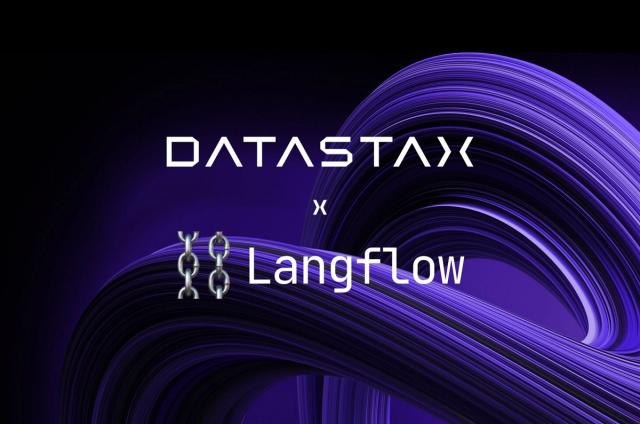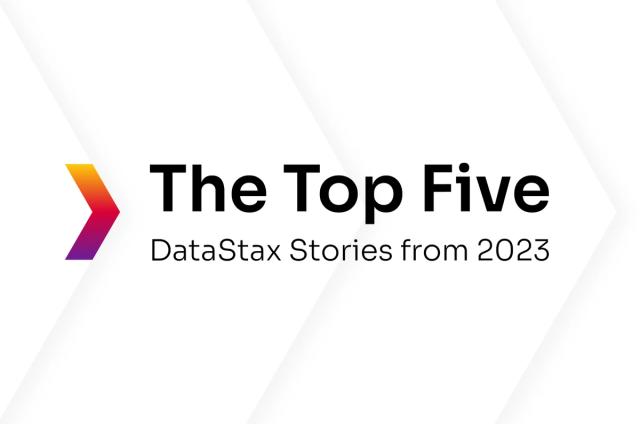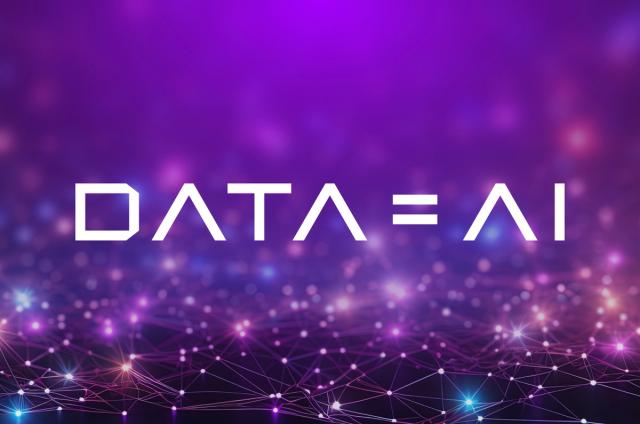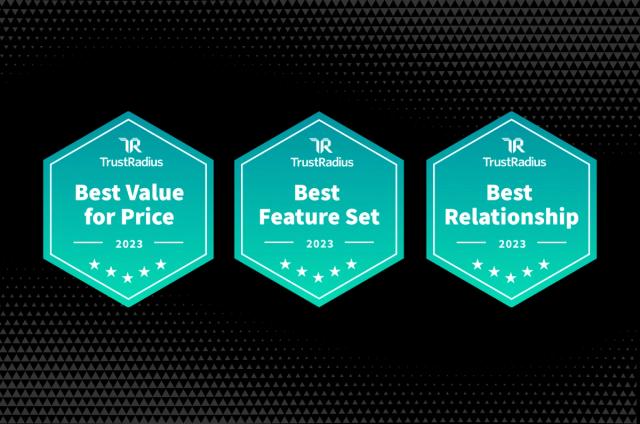How DataOps Is Changing Application Development

Another day, another buzzword that surfaces in the data management space with promises of changing the way things are done.
Although in this case—it could be with good reason.
DataOps, or data operations, refers to the next step in the evolution of DevOps teams, where data scientists, processes, and tools are increasingly integrated into the development process at data-focused enterprises. This makes it easier for companies to leverage real-time data to serve up delightful customer experiences and make better decisions at a moment’s notice.
By unlocking the true power of DataOps, companies can build modern, data-rich applications in less time while operating with more agility and baking more automation into their processes to shorten the development lifecycle.
Companies that successfully implement an agile approach to data management are four times more likely to enjoy business outcomes that exceed shareholder expectations.
So, while it’s still a relatively new concept, it comes as no surprise that one study found that 73% of organizations were planning to invest in DataOps during 2018. As the promise of DataOps is realized, we expect more and more companies to invest in the space in 2019 and beyond.
What is DataOps?
The names sound similar and the two practices are related. But DataOps is not just DevOps with data. Still, just as DevOps transformed the way modern applications are developed, DataOps promises to transform the way organizations use data and run data analytics, speeding up data-driven processes considerably.
Just as the agile approach to software development comes with a shiny Agile Manifesto, DataOps has its own manifesto, too. The DataOps Manifesto places emphasis on:
- Individuals and interactions over processes and tools
- Working analytics over comprehensive documentation
- Customer collaboration over contract negotiation
- Experimentation, iteration, and feedback over extensive upfront design
- Cross-functional ownership of operations over siloed responsibilities
The DataOps Manifesto also features a set of 18 core principles, including “continually satisfy your customer,” “value working analytics,” “embrace change,” and “it’s a team sport.”
What are the Benefits of DataOps?
By now, you know that DataOps promises to bring the same speed, efficiency, and engagement to data teams (and, by extension, entire organizations) that DevOps brings to software development teams.
But how, specifically, do companies stand to benefit from adopting a DataOps mindset?
Here are several of the benefits DataOps brings to application development:
- Real-time insights
- Enhanced collaboration across the enterprise
- Improved agility and faster response times
- Faster bug fixes
- Better decisions and avoid costly missteps
- Higher quality products
- Increased employee engagement
- Stronger user experiences
The benefits of DataOps speak for themselves. Much like DevOps teams have enabled software companies to ship better products faster and with greater frequency, DataOps teams bring the same level of efficiency and data-driven decision-making to their organizations.
How to Achieve DataOps
Change is never easy, especially when employees have been doing things one way forever.
To launch DataOps at your organization, you first need to get your team to buy in to the new way of working. Beyond that, implementing DataOps at your organization requires the right suite of tools as well as an underlying active everywhere database that ensures contextual data is always available in real time—even when teams are globally distributed and applications are hosted in hybrid cloud environments.
While it might take some time to get your team to buy in to DataOps and master the associated new workflows, whatever time and resources you invest to make that happen will undoubtedly return significant dividends down the road.
Thanks to DataOps, your company will be able to move faster, make better decisions, and ship better products while impressing your customers and inspiring your employees.
A new buzzword—yes. But one that is perhaps buzzworthy.



